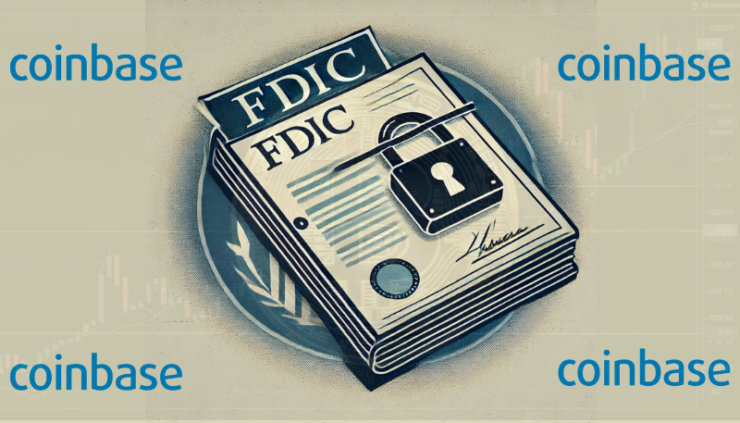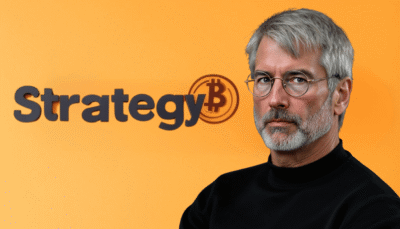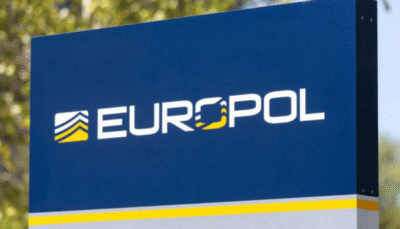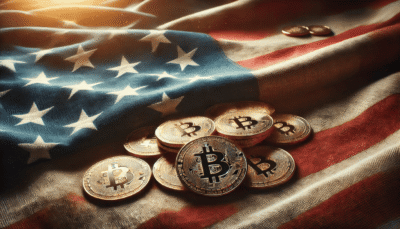The Federal Deposit Insurance Corporation (FDIC) is facing mounting criticism for allegedly obstructing transparency regarding Operation Chokepoint 2.0, a suspected government effort to pressure banks into severing ties with crypto firms. Paul Grewal, Coinbase’s Chief Legal Officer (CLO), has accused the FDIC of actively resisting transparency, despite growing scrutiny over financial censorship under the Biden administration.
What is Operation Chokepoint 2.0?
Allegations of a coordinated effort to cut off crypto firms from banking services first surfaced in early 2023, following the collapse of multiple crypto-friendly banks, such as Silvergate, Signature Bank, and Silicon Valley Bank. Critics, including venture capitalist Nic Carter, have described this as an extension of the original Operation Chokepoint, a controversial 2013 initiative where federal agencies pressured banks to drop politically unfavorable businesses.
Despite regulatory shifts in recent months, Grewal claims that the FDIC is still withholding critical documents related to its role in the crackdown. In a March 8 post on X, he blasted the agency for failing to provide clarity:
“They haven’t gotten the message.”
Coinbase has formally requested that the FDIC disclose details in court regarding its internal policies and confirm that no evidence related to the debanking effort was destroyed. However, Grewal asserts that the agency has “repeatedly refused” to comply with the request.
Regulatory Shifts and Trump’s Pledge to End the Crypto Crackdown
The political climate around crypto regulation is shifting, with former President Donald Trump vowing to end Operation Chokepoint 2.0 during the White House Crypto Summit. Hours after his remarks, the Office of the Comptroller of the Currency (OCC) unexpectedly relaxed its stance on banking access for crypto firms, signaling a potential reversal of restrictive policies.
Despite this shift, at least 30 crypto and tech entrepreneurs were allegedly “secretly debanked” during Operation Chokepoint 2.0, according to Elon Musk. The ongoing lack of transparency from regulatory agencies has led to heightened frustration within the crypto industry.
Grewal has also raised concerns over the FDIC’s failure to fully comply with Freedom of Information Act (FOIA) requests related to Operation Chokepoint 2.0. According to Coinbase’s legal team, the agency has only provided “snippets” of documents that have little relevance to the specific policies in question.
“What exactly are they hiding?” Grewal questioned, highlighting that the FDIC has redacted 53 pages from its FOIA response, making many documents “unintelligible”.
Coinbase has since demanded that the FDIC provide sworn testimony in court regarding the withheld information. The lack of transparency, Grewal argues, suggests that regulators are concealing critical details about their involvement in debanking crypto firms.
Coinbase Expands Legal Pressure on Regulatory Agencies
Beyond the FDIC, Coinbase is also targeting the Securities and Exchange Commission (SEC) for its enforcement actions against the crypto industry. On March 4, the company submitted an FOIA request to the SEC, demanding records on all investigations and enforcement actions against crypto firms between April 17, 2021, and January 20, 2025.
These legal moves come after Trump signed an executive order in January aimed at removing banking restrictions for Web3 firms and providing clearer regulatory frameworks for digital assets. The order notably excluded both the Federal Reserve and the FDIC from crypto regulatory working groups, a move that many including Caitlin Long, CEO of Custodia Bank, interpret as a step toward ending the financial barriers imposed on crypto businesses.
What This Means for Crypto Banking
The fight over Operation Chokepoint 2.0 represents a broader struggle over crypto firms’ access to traditional banking services. If Coinbase succeeds in forcing greater transparency, it could expose the extent of government-backed financial censorship and pave the way for stronger legal protections for crypto businesses.
At the same time, political shifts, especially Trump’s potential re-election, could radically reshape crypto regulation in the U.S.. With calls for greater oversight of regulatory bodies growing louder, the future of crypto banking access hangs in the balance.
For now, all eyes are on the FDIC, as pressure mounts for the agency to come clean about its role in the industry’s financial blockade. Whether transparency prevails or if regulatory resistance continues will significantly shape the next chapter of crypto’s battle for legitimacy in the financial system.





